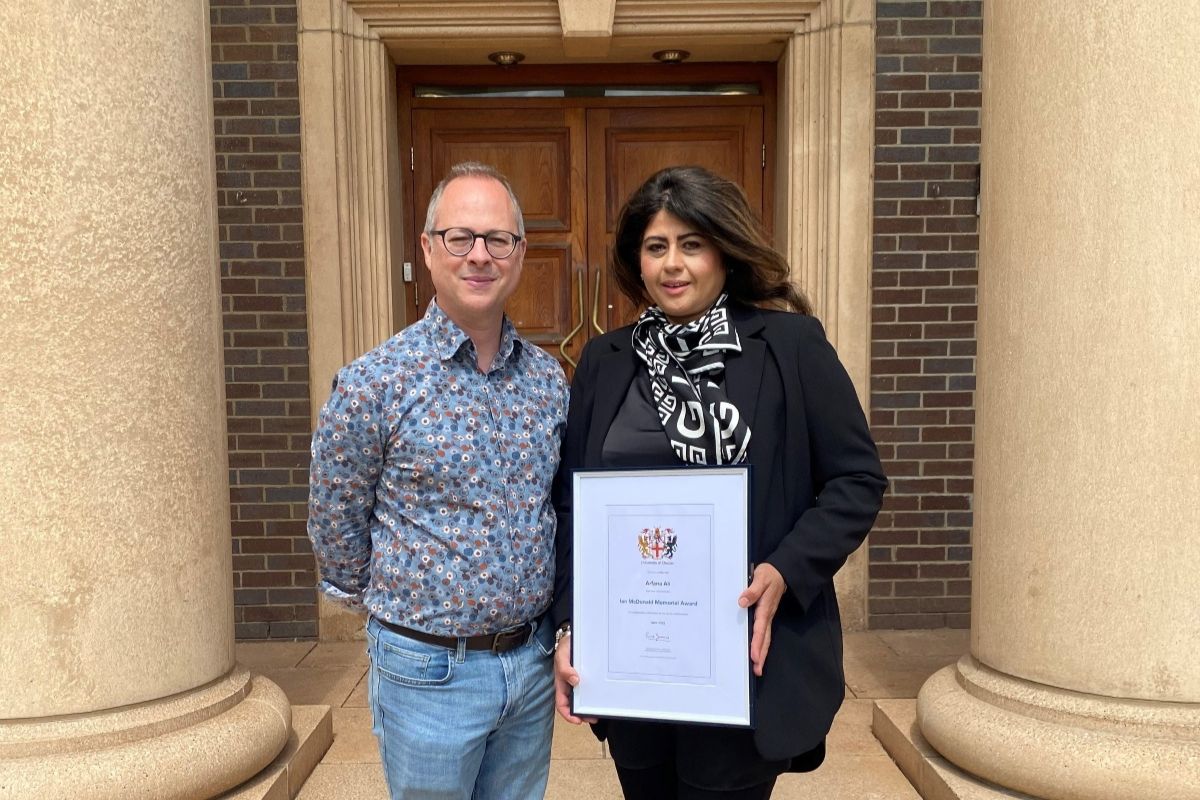Academies publish bibliometric analysis of shale gas research

The Royal Society and Royal Academy of Engineering have published a bibliometric analysis of the quantity of global shale gas research published between 2009 and 2018. The analysis is designed to aid academics, industrialists and governments who are interested in the extent of shale gas research.
Bibliometric Assessment of Global Shale Gas Research 2009 – 2018, provides a quantitative analysis of published studies and highlights trends in shale gas research on different topics and in different global regions. The analysis was conducted by Elsevier Analytical Services.
Professor Hywel Thomas CBE FREng FRS FLSW, Chair of the steering group who oversaw the project, said:
“Negotiating all the research in any field can be difficult and so our work should be a useful guide for those wanting to look at the scientific study of shale gas.”
The analysis shows that between 2009 and 2018 research into shale gas increased dramatically and was relative highly cited, although the rate of growth slowed between 2014 to 2018, compared to between 2009 and 2013. It also found that the field-weighted citation impact, while remaining above the average for all fields, had reduced in the latter period.
The analysis looks at five broad areas of research: resource estimation; fracturing fluid, composition, treatment, storage, and disposal; methane leakage and groundwater contamination; seismic monitoring; and public perception and governance.
Notes for Editors:
1. In 2012, the Royal Society and Royal Academy of Engineering published a joint report on shale gas exploitation – Shale gas extraction in the UK: a review of hydraulic fracturing.
2.The Royal Academy of Engineering is harnessing the power of engineering to build a sustainable society and an inclusive economy that works for everyone. In collaboration with our Fellows and partners, we’re growing talent and developing skills for the future, driving innovation and building global partnerships, and influencing policy and engaging the public. Together we’re working to tackle the greatest challenges of our age.
3.The Royal Society is a Fellowship of many of the world’s most distinguished scientists drawn from all areas of science, engineering, and medicine. The Society’s fundamental purpose, as it has been since its foundation in 1660, is to recognise, promote, and support excellence in science and to encourage the development and use of science for the benefit of humanity.











Responses